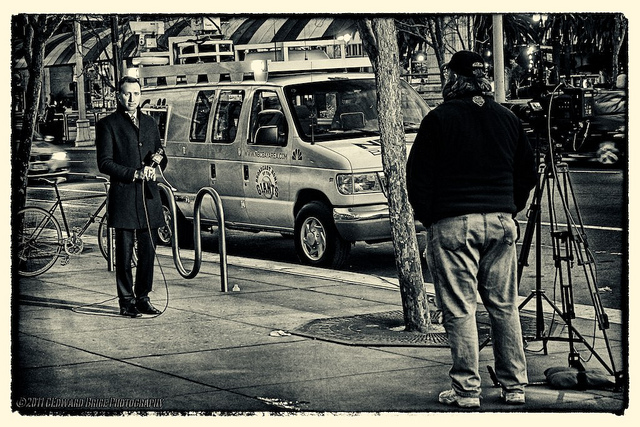Let's talk about book marketing.
I prefer to concentrate on writing so I tend to shy away from marketing. That said, writers need to make a living wage if they are to keep writing, so marketing--learning how best to present our work to readers--is important.
Each year Smashwords founder, Mark Coker, shares the most significant factors in a book's sale on Smashwords[1]. Here is his analysis for this year: 2014 Smashwords Survey Reveals New Opportunties for Indie Authors.
Even small changes can have big effects.
It will come as no surprise that, as Coker writes, "A few titles sell fabulously well and most sell poorly." But what Coker takes from this is worth thinking about: "An incremental increase in sales rank is usually matched by an exponential increase is sales."
The takeaway: Do those things that "give you an incremental advantage so you can climb in sales rank."
What follows are a few ways in which you can give your book an incremental advantage.
1. Longer ebooks sell better.
In the 2014 survey, as in earlier surveys, it was clear that longer books sell better.
When I read this I wondered: How long is longer? 70,000 words? 80,000? 100,000? But Coker doesn't put a wordcount on this. All he says (see below) is that a book that has fewer than 50,000 words, all things being equal, would be at a disadvantage.
2. Price points: books priced at $2.99 and $3.99 sell best.
Mark Coker writes:
"The highest earning indie authors are utilizing lower average prices than the authors who earn less, but this doesn't mean that ultra-low prices such as $.99 are the path to riches. $2.99 and $3.99 are the sweet spots for most of the bestsellers."
"FREE still works great, but it's losing some mojo [...]."
3. If you offer your book as a pre-order, it will sell more copies.
Mark Coker writes:
"I think preorders today are where free was five years ago. The first authors to effectively utilize preorders will gain the most advantage, just as the first authors to enter new distribution channels gain the most advantage. Five years from now once all indies recognize that preorders are a no-brainer essential best practice, the effectiveness of preorders will decline."
4. Books in a series sell better than standalone books.
Not only do books in a series outsell standalone books but the best performing series have longer books.
5. Books under 50,000 words sell fewer copies.
Mark Coker writes:
"Also interesting, we found series books under 50,000 words are especially disadvantaged. This is not to say that you can't become a bestseller writing shorter novellas. Multiple Smashwords authors have had success here. But what the data does tell me is that successful novella writers might achieve even greater success if they write full-length. The data appears to suggest that series books under 50,000 words might create friction that makes readers incrementally less willing to buy."
6. Offer the first book of a series free of charge.
Mark Coker writes: "We found strong evidence that series that have free series starters earn more money for authors than series that do not have free series starters."
To sum up:
- Longer ebooks sell better.
- Books priced at $2.99 and $3.99 sell best.
- Books offered as a pre-order sell more copies.
- Books in a series sell more copies.
- Short books (books with fewer than 50,000 words) sell fewer copies.
- Series sell better if the first book is offered free of charge.
Question: What works for you? If you have a marketing tip to share, please leave a comment.
Notes:
1. Mark Coker's survey is based on "over $25 million in customer purchases aggregated across Smashwords retailers including Apple iBooks, Barnes & Noble, the Smashwords.com store, Sony (now closed), Diesel (closed), Oyster, Scribd, Kobo, public libraries and others." In other words, it is based on books offered on the Smashwords platform as well as on platforms owned by Smashwords' publishing partners. As a result, this data may not apply to those who sell on other platforms. That said, I have heard many of these points echoed by people who sell primarily on Amazon.
Photo credit: "June 2014" by *Light Painting* by Creative Commons Attribution 2.0.

















